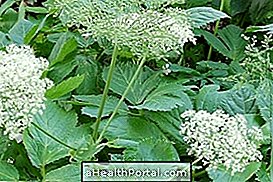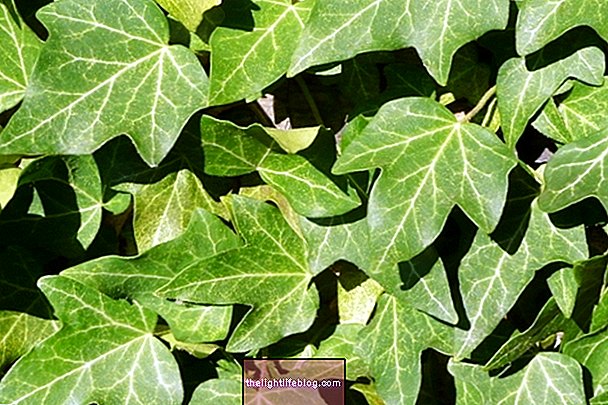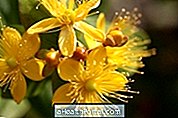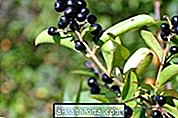The janaúba is a medicinal plant also known as janaguba, tiborna, mango jasmine, holy and ravenous stick. It has broad green leaves, white flowers and produces latex with healing and germicidal properties.
Janauba can be used to treat boils and gastric ulcers. It can be bought in some markets and stores of natural products. Its scientific name is Himatanthus drasticus (Mart.) Plumel .


What is Janaúba used for?
The janaúba serves to aid in digestive system treatments like gastric ulcer and gastritis, fever, intestinal worms, dislocations, boils, herpes, wounds and arthritis and although it is not scientifically proven, it is popularly believed that janaúba can also be used against AIDS and some cancers.
Properties of Janaúba
Janauba has purgative, analgesic, vermifuge, febrifuge, anti-inflammatory, immune-stimulating and healing properties.
How to use Janaúba
The used part of the janaúba is the latex that is extracted from the trunk of the plant.
The latex diluted in water results in janaúba milk that can be used orally, in compresses or showers for treatments in the vaginal or anal cavity.
- Janaúba milk: Dilute the latex in water to obtain janaúba milk. Then use 18 drops of milk to a liter of cold water and dilute. It is recommended to take two tablespoons after coffee, two tablespoons after lunch and two after dinner.
It is not recommended for use against AIDS and cancer because it may decrease the effectiveness of chemotherapy.
Side effects
The janaúba should only be used under medical guidance because when used in doses greater than 36 drops of its extract can be toxic to the liver.
Contraindications
No contraindications were found for Janaúba in the literature.

























